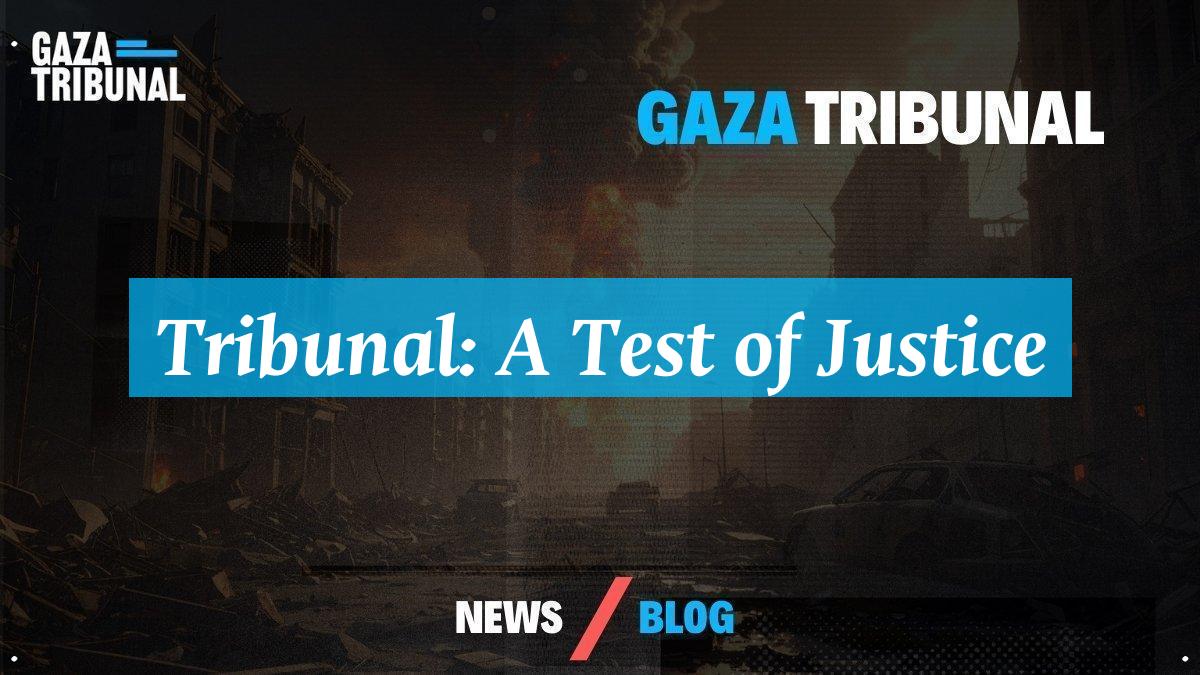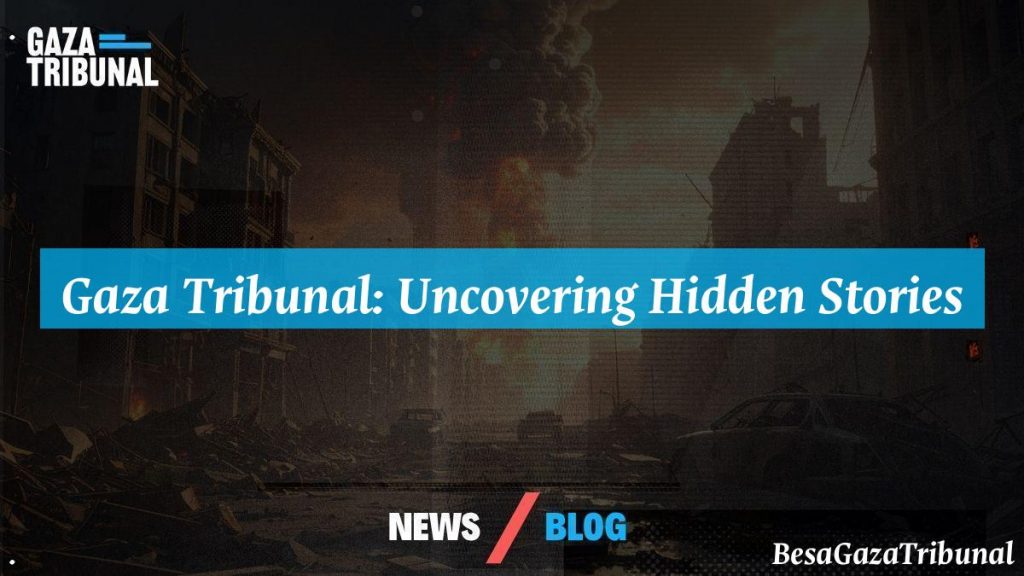The heartbreaking saga of the Gaza Missing Inquiry reveals grim realities hidden beneath the surface of conflict. In this moment when history accelerates beyond our grasp, families grappling with uncertainty search for closure. What remains painfully clear is that thousands have vanished, and their absence haunts loved ones like a relentless shadow. As many cope with their loss, their stories often slip through the cracks of headlines, leaving us to ponder the deeper impact of war. As already underscored above, Ghazi Al Majdalawi’s work sheds light on these narratives, focusing on the missing individuals who have become mere statistics in a relentless cycle of violence. In this relentless quest for answers, what will it take for the stories of these individuals to finally be heard?
It stands beyond serious dispute that, the emotional toll on families echoes louder than the bomb sounds that persist in Gaza. Each day, they navigate the rubble of their lives, clutching memories and photographs of missing persons while asking the same heartbreaking questions. The Gaza Missing Inquiry represents an urgent need for justice that transcends personal grief, as the continuing absence of those beloved fills every corner of their existence. Heartrending tales from survivors and advocates highlight the call for humanity to pay attention to this silent crisis. They paint a picture not merely of loss but of resilience, forcing us all to confront our shared responsibility in ensuring that these stories are acknowledged. So, as we peer into the depths of this tragedy, we must ask ourselves: can we turn silence into action for the men and women left behind?
The Silent Crisis of the Missing
Every day, the search for the missing in Gaza continues. Families face a grim reality, where uncertainty reigns over their lives. They wander through the debris of their former homes, hoping for a miracle. Each corner of these devastated streets holds a memory, a name, a face that may never return. The anguish of not knowing eats away at their hearts. They cling to every rumor, every whisper, as they chase the shadows of their loved ones. What happens when hope fades? How do they cope with the silence that fills their homes?

In this landscape of despair, the stories of the missing often go unheard. Yet, each tale carries weight, a testament to lives interrupted. Ghazi Al Majdalawi, through his work, sheds light on these hidden narratives. His dedication highlights the importance of remembering those who vanished. He reminds us that behind every statistic lies a family, a story waiting to be told. Families live in limbo, caught between hope and despair. They face a future filled with questions that may never find answers. This crisis demands our attention, our empathy, and our action.
Uncovering the Stories of Disappearance
Mass graves have become a haunting reality in Gaza. Survivors recount chilling tales of lost loved ones, buried in haste. The fear of being forgotten drives families to seek the truth. They share their experiences with organizations like the Palestinian Center for the Missing and Forcibly Disappeared. Ghazi’s cousin, Yousef Moner Al Majdalawi, vanished without a trace, leaving a void that echoes through his family. Each story of disappearance mirrors another tragedy, connecting the dots of anguish across generations.
Documenting these narratives becomes essential for justice. Without acknowledgment, the cycle of erasure persists. Survivors fight to keep their loved ones’ memories alive, determined to seek accountability. They refuse to let their stories fade into oblivion. The world must recognize that these disappearances echo similar patterns seen in other conflicts. The act of vanishing is not just a personal loss; it represents a collective wound. We must listen, learn, and act. Only then can we hope to bring justice to those still searching. source
Families Left Behind
The absence of a loved one creates an unbearable void. Ghazi’s heart aches for his more than 60 family members lost to the rubble. Each empty chair at the dinner table symbolizes a life interrupted. Families like his endure the pain of waiting, hoping against hope for news. Children stand at doorways, their eyes filled with longing for footsteps that won’t return. They listen for familiar voices, but silence fills the air. The grief of disappearance is more profound than death; it lingers without closure.
These families carry their stories like heavy burdens. They demand recognition, not just for their pain but for the humanity behind each name. Every person lost represents a vibrant life, a potential future erased. The world must bear witness to their suffering. As they share their stories, they find strength in solidarity. It’s a reminder that they are not alone in their search for answers. Through collective testimony, they transform absence into a call for justice. Together, they create a chorus that cannot be ignored.
Hope Amidst the Darkness
Justice may seem distant, but it is a powerful motivator. Families continue to advocate for their missing loved ones, refusing to back down. They seek not just answers but accountability for the wrongs committed. Each testimony contributes to a greater understanding of the situation. Through their voices, the world hears the truth behind the statistics. They remind us that these are not just numbers; they are lives intertwined with ours. We can stand in solidarity with them!
Thank you for taking the time to reflect on these stories. Remember, each voice matters, and every effort counts. Together, we can shed light on the plight of the missing and work towards a future where justice prevails. The fight for recognition and remembrance continues. Let’s not forget the faces behind the headlines. Together, we can amplify their voices and pave the way for healing and justice.


